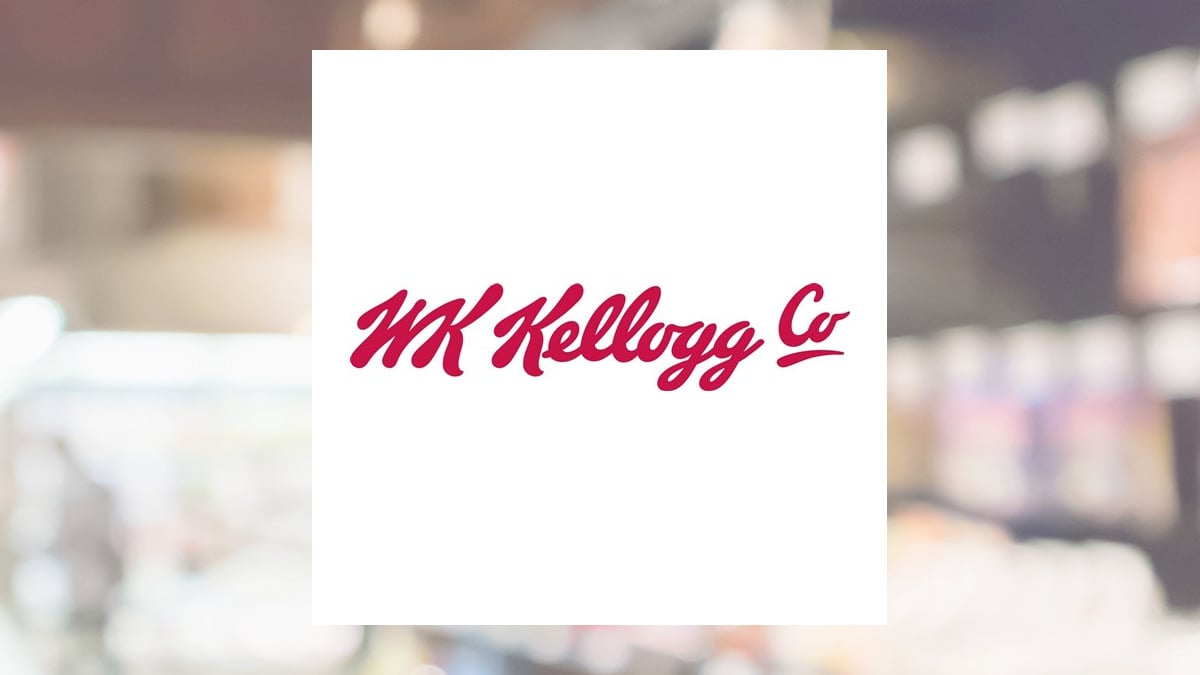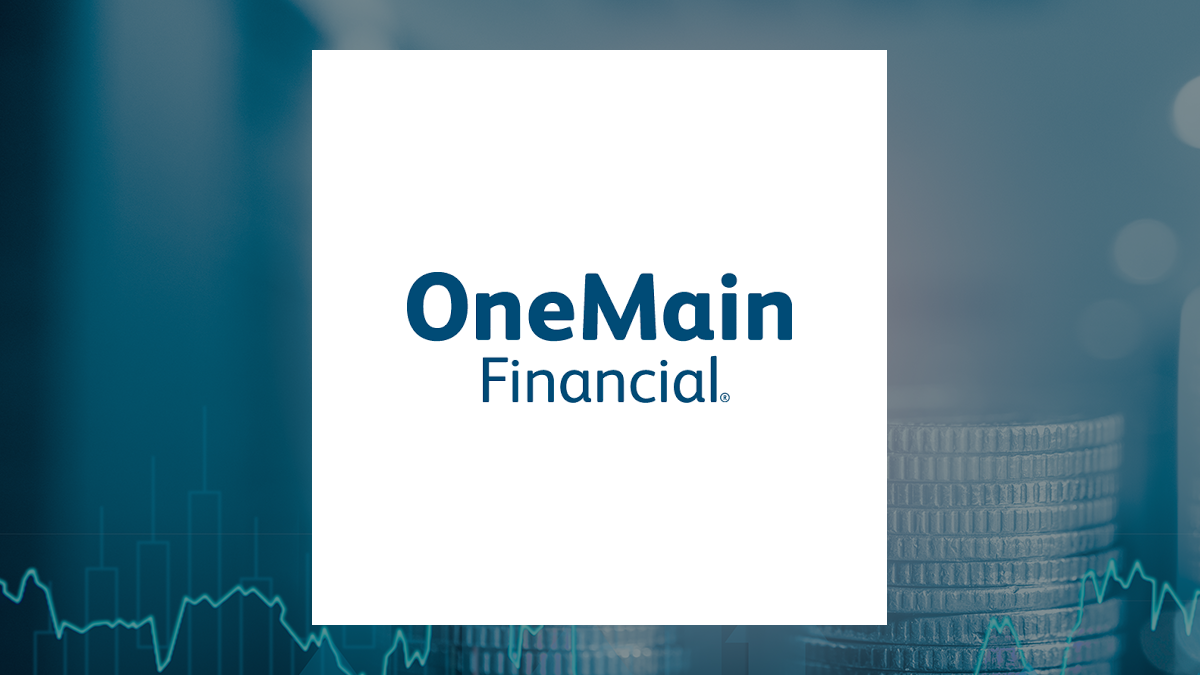The four financial services companies that reported results Thursday (April 18) — KeyCorp, Truist, American Express and Fifth Third Bancorp — faced investors against a backdrop of fresh tariff headlines, stubborn inflation and a rate path that is anything but clear. Yet the collective tone was anything but gloomy. From commercial-payments pipelines to premium card spend, executives struck a surprisingly upbeat note on the resilience of customers and the durability of their own balance sheets.
Across all four calls, deposit bases expanded or at least held firm despite the most competitive rate environment in two decades. KeyCorp logged mid‐single‐digit deposit growth year over year, while Truist edged balances higher and pared its deposit costs by 10 basis points. Fifth Third highlighted its Southeast branch expansion — part of a strategy to lock in “granular operational funding,” as CEO Tim Spence put it.

Credit quality remained equally sturdy. Key’s nonperforming assets fell nearly 10% from the prior quarter, Truist’s provision for credit losses slipped sequentially, and Fifth Third touted concentration limits that diversify risk “across asset classes, industries and regions.” That stability, executives said, allows them to keep leaning on higher‐margin fee lines such as commercial payments, investment banking and premium card fees to drive revenue even if loan growth stalls.
Amex Gets Gen ZNowhere was spending strength more visible than at American Express. Chairman and CEO Stephen Squeri said travel bookings hit an all‐time high last quarter, a sign the company’s affluent base is still prioritizing experiences. Card member spending rose 6% year over year (7% excluding the leap‐year day), and Gen Z and millennial spend grew even faster, powered by what Squeri called “financially disciplined new professionals” who revolve balances less often but swipe frequently for points and perks.
The picture looks different but still encouraging inside the banks. Truist’s mobile app originated 31% more consumer loans than a year ago, with Gen Z volumes up a striking 47%. At KeyCorp, CEO Chris Gorman said household relationships rose 2% and commercial payments momentum “remains strong,” although he did acknowledge that some clients have paused discretionary transactions while they size up tariff fallout.
Fifth Third’s pulse check with 50 middle‐market CEOs revealed another twist: Even domestically sourced companies expect to lift prices, both to offset tariffs and to cushion potential volume losses abroad.Taken together, the data suggests that U.S.
consumers are still spending — but spending selectively. Premium travel, digital lending and everyday payments are holding up, while big new projects are inching forward more cautiously.Investment Engines Keep RunningManagement teams are not letting the macro fog derail their own capital plans.
Truist switched on real‐time payments during the quarter and grew treasury‐management revenue at a double‐digit clip. KeyCorp continues to “name‐by‐name” review clients for tariff exposure, but Gorman said existing capex projects remain “full speed ahead.” Fifth Third is pouring money into Southeast branches and national loan‐origination platforms, betting that demographic shifts and faster payments will reward scale.
Despite their optimism, each institution sketched out a contingency plan should the economy stumble. KeyCorp set aside an extra $8 million in loan‐loss reserves and is running a bottoms‐up review of its largest borrowers. Truist trimmed professional‐services and equipment expenses yet continued to finance risk‐management and digital initiatives — a “transformation within flat revenue,” as executives described it.
Fifth Third is “running the balance sheet defensively,” emphasizing optionality so it can “react quickly as conditions change,” Spence said.The common message: Keep liquidity abundant, credit underwriting tight, and technology spending pointed at areas that either cut cost (digital onboarding) or expand fee income (real‐time payments, commercial cards). If the tariff picture brightens, banks are positioned to accelerate; if it darkens, they have the reserves and operating leverage to endure.
Why the confidence? Partly because unemployment is still low and delinquency metrics are benign. Partly, too, because these institutions have spent the past several years reshaping client books toward higher‐FICO consumers, high‐quality corporate borrowers and fee‐based products that cushion net‐interest‐margin swings. American Express, for example, noted that 70% of new accounts carry annual fees, while KeyCorp and Truist highlighted growing wealth‐management and treasury businesses whose revenues are less cyclical than spread income.
Still, all four leaders acknowledged that geopolitical and policy wildcards could hit sentiment overnight. “We’re fifteen days into these tariffs,” Key’s Gorman observed. “The economy is in a period of great uncertainty.
...
Our business is doing well.” That juxtaposition — candid about risk but bullish on their own preparedness — ran like a thread through every call. Ultimately, this earnings slate shows a sector betting that disciplined balance‐sheet management and targeted technology bets will outlast the latest macro scare.
No one embodied that stance better than American Express’s Squeri, who told investors: “I’m not going to pass up good opportunities to invest for the future just to hit a number.”It is a line that could have come from any of Thursday’s presenters and one that captures the guarded but genuine optimism now guiding the nation’s largest payments and banking franchises.The post Earnings Roundup Finds Resilient Consumer Spend and Solid Credit appeared first on PYMNTS.
com..
Business

Earnings Roundup Finds Resilient Consumer Spend and Solid Credit

The four financial services companies that reported results Thursday (April 18) — KeyCorp, Truist, American Express and Fifth Third Bancorp — faced investors against a backdrop of fresh tariff headlines, stubborn inflation and a rate path that is anything but clear. Yet the collective tone was anything but gloomy. From commercial-payments pipelines to premium card spend, [...]The post Earnings Roundup Finds Resilient Consumer Spend and Solid Credit appeared first on PYMNTS.com.














